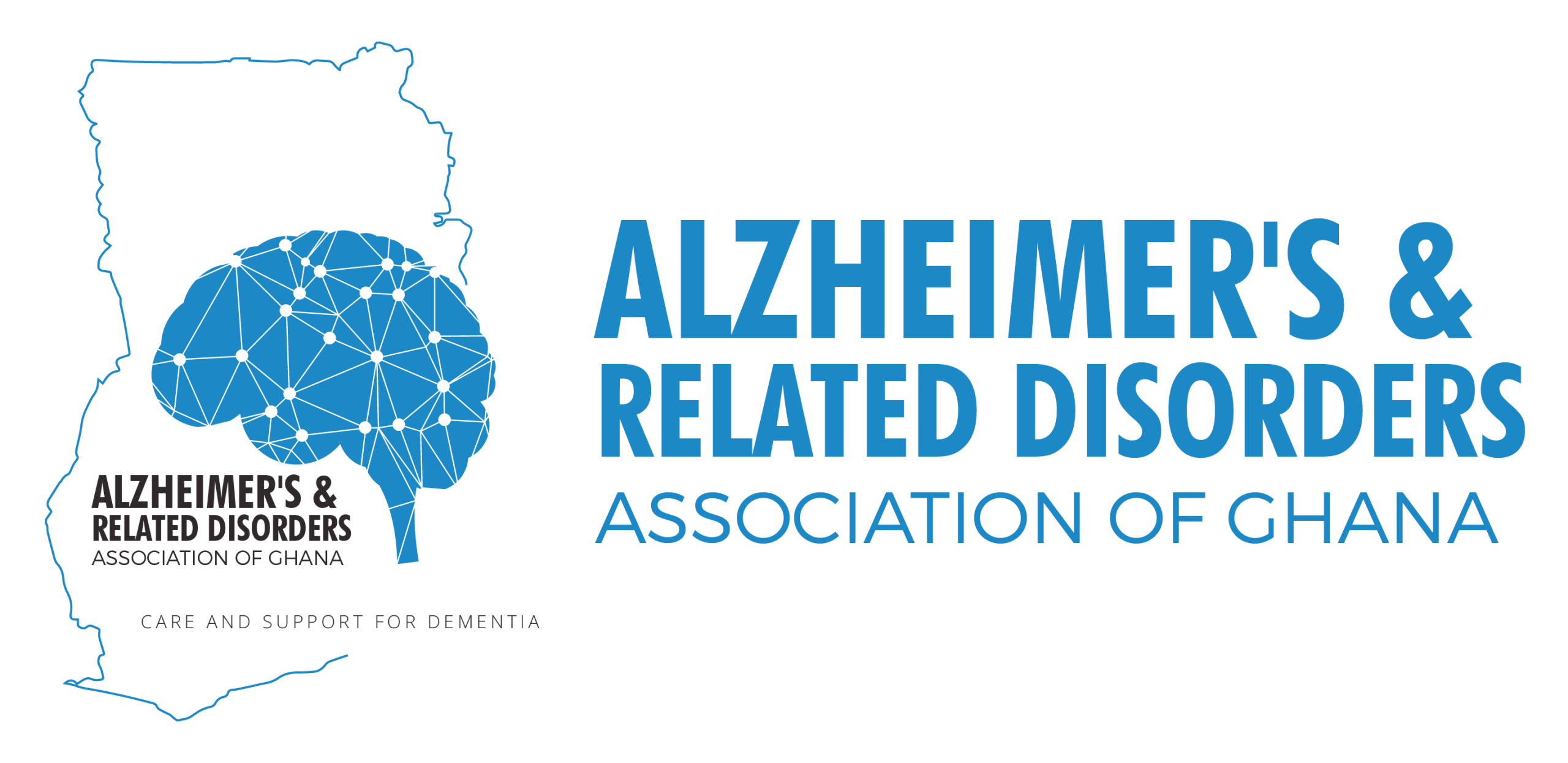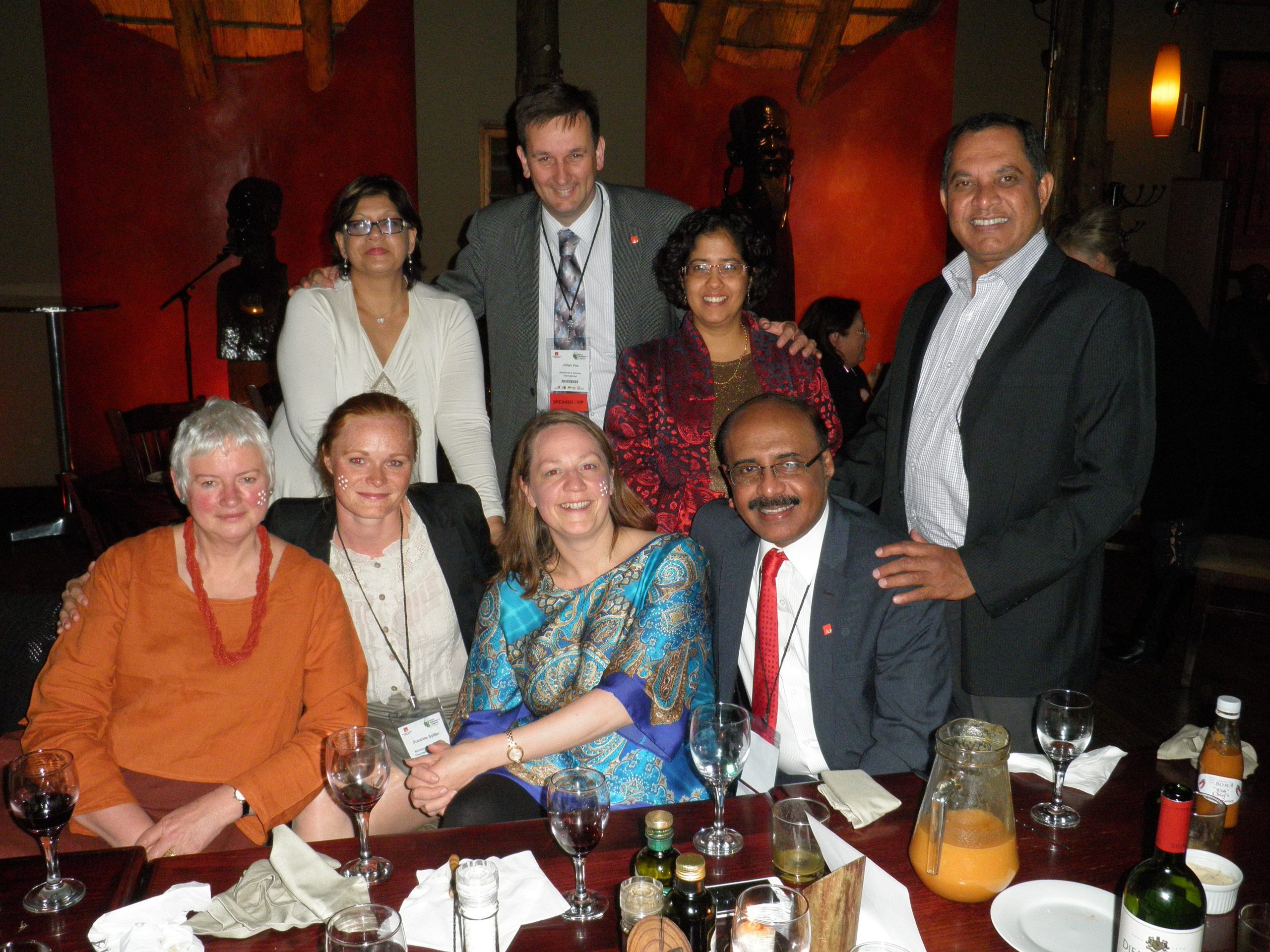Workshop Programme: Scaling-up Ageing and Health Interventions in Ghana.
Alzheimer’s & Related Disorders Association of Ghana was invited by WHO to participate in a three day workshop with the topic “Scaling-up Ageing and Health Interventions in Ghana. The workshop which took place in Accra from 13th to 15th August 2013 included senior policy-makers and programme managers from Ghana Health Services and Ministry of Health from the different districts, other partners from UN and bilateral agencies, NGOs, and researchers from academic institutions. This initiative is part of Global Knowledge Translation for Ageing and Health project developed in partnership, and with financial assistance from Age UK. The objectives were to
- Review the outcomes and recommendations of the country assessment report and agree on the priority actions to be scaled up,
- Prepare draft “country scale-up plans” on the priority actions,
- Learn the fundamentals of evidence based policy development using Knowledge Translation and EVIPNet methodologies as tools and resources available to guide policy-makers and stakeholders to make evidence-informed decisions for policy and programme implementation,
- Learn the fundamentals of ageing and health programming,
- Identify what each sector could contribute to the defined priority actions, and
- Establish what each sector should contribute to the current implementation plan of the Ghana Ageing Policy.
Present at the meeting was the Deputy Director General of Ghana Health Service, Dr John Beard WHO President Geneva, Dr Mary Brantuo WHO, Ghana, Dr. Peju Olukoya, Consultant to WHO, Dr. Islene Araujo de Carvalho, WHO Geneva, Prof. Britwum, Ms Jan Killeen, Consultant to Alzheimer’s Disease International to mention but a few.
During the workshop participants were tasked to further describe the main ageing and health problems being faced in Ghana and develop Five Country Scale-up Plan. Each Country Scale up Plan addressed in detail one specific problem, and presented evidence based implementation strategies to tackle these problems. This process was facilitated by an extensive review of Ghana Ageing and Health Policies, Plans and programmes.
Ghana SAGE Report was also used as the main source of data, complemented by document review, sites visits and key informants interviews. In addition to the information in the Ghana Country Assessment report and SAGE report undertaken in 2010, the National Ageing and Health Task Force supported by WHO, tried to identify, in advance, existing evidence and information in relevant sectors related to the problem in the country or on the options proposed to address those problem that were identified. In the workshop, we developed a minimum of five Country Scale up Implementation Plans which served as a basis for implementation. The EVIPNet methodologies was used in the workshop and focused on the context of Ghana. The participants worked on developing a draft of a country scale up plan for each identified problem.
Further, Dr. John Beard President of WHO Geneva, Mrs Jan Killeen a consultant from Alzheimer’s Disease International in conjunction with Alzheimer’s & Related Disorders Association of Ghana and a representative from Help Age Ghana facilitated an opened discussion of additional problems identified by participants, related to policies for ageing interventions in the health system
Interactive plenary sessions were followed by work in small groups of 5, (ideally 5 to 6 people in each group). This allowed workshop participants to grapple with the questions in light of the issues on which they (departments, directorates, or institutions) worked on or addressed. During the discussions the salient problems such as affecting the ageing were identified to be:
- Diagnosed and untreated hypertension,
- High prevalence of chronic eye and respiratory problems
- Limitation of function affecting social participation and quality of life
- Poor utilization of healthcare services by older people, and
- Inadequate preparedness of the health workforce to care for older people
Clarification of the problems were then made to successfully develop policy and action plans in the area of how the problem came to attention, the size of the problem, the cause of the problem, and how it was framed or described. In relation to this, policy options were suggested and implementation strategies were developed and were incorporated in the scale up plan for action. Following the presentation of the findings for implementation, a final session was held which then focused on steps to be taken to finalize the country scale up plans leaving how to finance the plan to be discussed in a donor’s round table.

